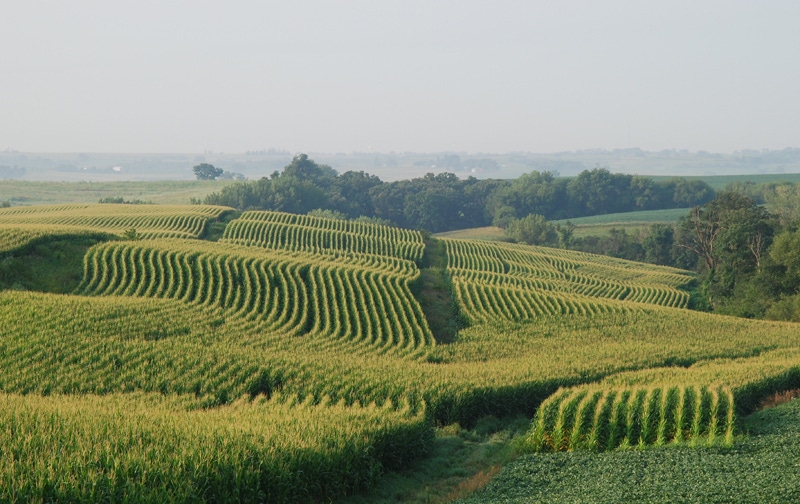April 2, 2018

You may know people who see only negatives about any new or different practice, product or service. I get occasional emails and comments from farmers who want to read stories about the failures of their peers.
On the other hand, I’m impressed by farmers who take the positive view of change by constantly learning and trying new things every year on a small percent of their farm—then tweaking and adopting what works across more acres.
As 2018 begins another year of low commodity prices, doing something different should become the norm.
To that end, I recommend a good piece from the July 2017 Harvard Business Review, “Stop Using the Excuse ‘Organizational Change Is Hard’.” The writer cites University of Chicago research that shows how we assume that failure is a more likely outcome than success. As a result, we wrongly treat successful outcomes as flukes and bad results – irrefutable proof that change is difficult. He adds that negative biases can create a toxic self-fulfilling prophecy, which can cause leaders and employees to disengage and sputter.
Interestingly, he debunks the widespread view that 70% of change initiatives fail, long believed since the 1990s. Business consultants at McKinsey surveyed over 1,500 executives and determined that success or failure is not black and white. One-third of executives believed their change initiatives were total successes, another third believed they were more successful than unsuccessful, and only about one in 10 was completely or mostly unsuccessful.
So, instead of change being negative, more often than not you can achieve more positive results with renewed efforts and the right mindset.
Think through how this applies to your business. What types of changes should be considered – whether it involves management structure, business diversity, lender or landowner strategies, continuing education, grain marketing, cropping rotation, data decisions, input use, precision agronomic services, hired help, custom farming or more. It could be as basic as trying some split planter input trials or different cover crop mixes or seeding methods. Perhaps a nearby farmer could help you try strip-till. Could a change in your scouting program save money instead of spraying preventive treatments?
Most successful farmers I know tap into numerous local and regional peers and advisors, especially when pursuing greater change. Don’t go it alone.
As Dave Kohl writes in his column the March edition, "Winter serves the vital purpose of naturally weeding the landscape of that which is not adaptable in order to make room for new growth. In agriculture, this could be those ready to retire, those with financial challenges, or perhaps those with the desire to pursue another chapter in life.”
Find your positive changes that can improve the sustainability of your business.
I sincerely thank you for reading, for viewing more valuable content on csdigest.com, for subscribing to our newsletters, and for being willing to Think Different.
About the Author(s)
You May Also Like






